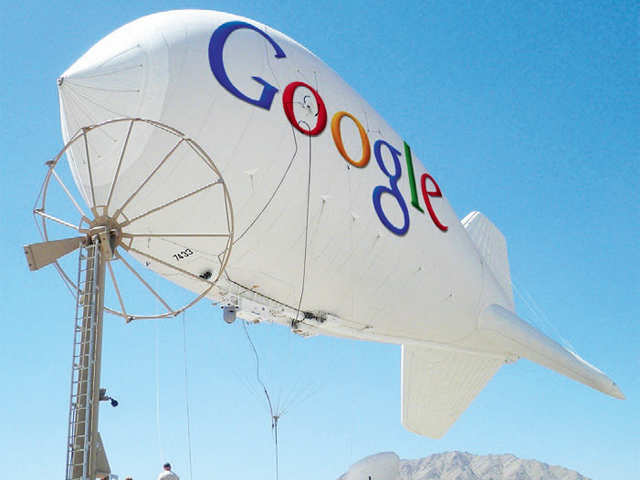DailyPost 782
DIGITAL EXCLUSION
Internet heralded a bold new world, a level playing field, where geography becomes history, and information and communication would become more of an inalienable human right; based on it’s low cost & availability and immense benefits it brings with itself. Man has always yearned for information & communication, it seemed that urge would get satiated. It doesn’t seem to be happening in the near future. Digital Exclusion remains a reality accentuating other forms of exclusion always in vogue.
“To be offline is to be excluded.” Four billion people are still unconnected, most of them are marginalised in offline spaces. Most of it comprises of women, poor & rural populations mostly in low and middle income countries. Fortunately, visionary individuals & companies want to bring the world wide web to the whole wide world. Elon Musk is taking the lead. SpaceX’s “Starlink” initiative aims at placing thousands of satellites in low Earth orbit to supply broadband internet users on the ground. This would include the remotest of areas and also in aircraft in flight and ships at sea.
The US federal regulators seem to have got into a pliable mode. To avail the facility of high speed internet they intend SpaceX to allow use of expanded range of wireless airwaves that will enable to deliver cheap internet. SpaceX would ultimately deploy 1600 satellites, if the plan fructifies in the near future. The likely time to complete the network may go in the range of six years. Now there seems the a fundamental change in the thinking of the Federal agency to encourage private sector to invest and innovate. Let the market forces come into full play in the internet services.
Given the nature of market, SpaceX is not the only player in the internet’s race into space. A satellite venture by Arlington may start access in remote parts of Alaska in 2019. Startup Astranis Space Technologies wants to begin with single internet – connected satellite in geostationary orbit. Boeing, Facebook and satellite companies Viasat and Telesat have plans to extend internet into space. “Project Loon” of Google intends to provide internet access to all.
PROVIDING AFFORDABLE INTERNET TO ALL IS STILL A DAUNTING TASK.
Sanjay Sahay

